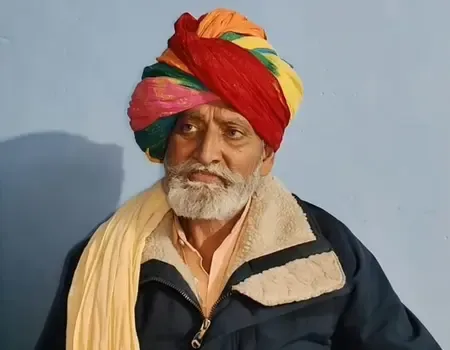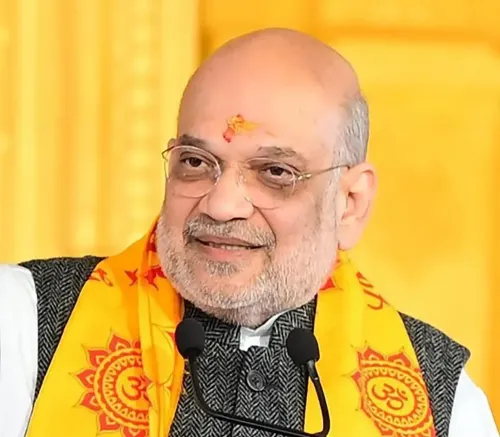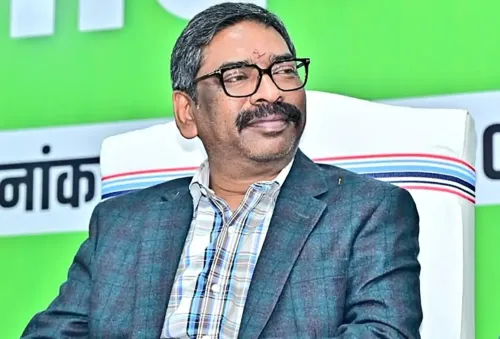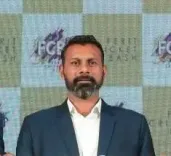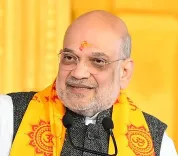How is Chandrababu Naidu Encouraging Industry Leaders to Join the Swarnandhra Vision?
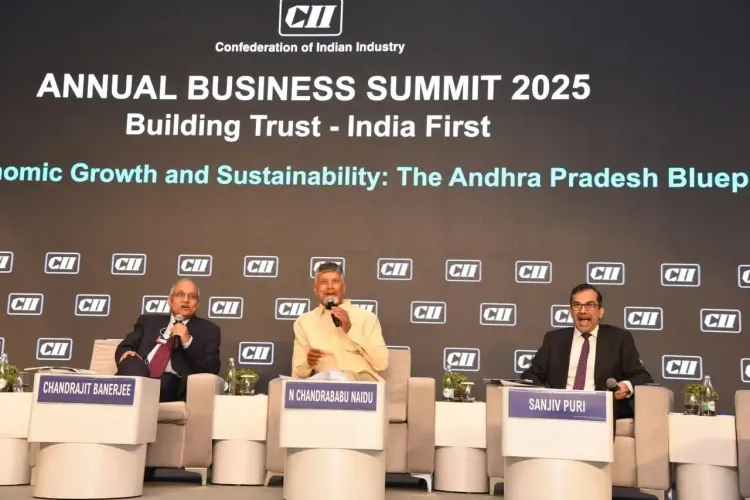
Synopsis
Key Takeaways
- Swarnandhra Vision aims for a $2.4 trillion economy by 2047.
- Focus on innovation and infrastructure development.
- Amaravati to become a greenfield capital with world-class facilities.
- Andhra Pradesh targets 160 GW renewable energy capacity by 2029.
- Partnerships with global leaders for technological advancements.
New Delhi, May 30 (NationPress) The Chief Minister of Andhra Pradesh, N. Chandrababu Naidu, extended an invitation to industry leaders to engage in the Swarnandhra Vision, a strategic initiative designed to elevate the state to a $2.4 trillion economy by the year 2047.
During a special plenary session at the Annual Business Summit 2025 hosted by the Confederation of Indian Industry (CII) in Delhi, the Chief Minister emphasized the importance of fostering deeper cooperation in innovation, infrastructure, and inclusive growth.
In his address, he detailed the various measures being implemented to spur economic growth and drive sustainable development in Andhra Pradesh. He indicated that the government is committed to enhancing the speed of business operations, promoting tourism-related industries, constructing essential infrastructure, and enacting vital educational reforms. This framework aims to cultivate an environment where the youth can aspire to become job creators.
Reflecting on his longstanding relationship with industrialists, the Chief Minister called upon them to support investment in Andhra Pradesh to continue its wealth creation trajectory.
He also invited industry stakeholders to join in the development of the greenfield capital, Amaravati. The completion of the first phase is anticipated within three years, featuring an international airport and state-of-the-art infrastructure.
Furthermore, Naidu announced that India’s inaugural Quantum Computing Centre is set to become operational in Amaravati by January 2026. Partnering with TCS, IBM, and L&T, this initiative aims to foster breakthroughs in health, energy, cryptography, and manufacturing by integrating startups, academia, and industry leaders.
Claiming that Andhra Pradesh is a top choice for investment, he highlighted significant projects such as the ArcelorMittal Steel Plant in Anakapalli with an investment of ₹1.43 lakh crore, the BPCL Refinery at Ramayapatnam in collaboration with Saudi Aramco, a TCS facility in Visakhapatnam costing ₹1,370 crore, and LG Electronics in Sri City with an investment of ₹5,000 crore.
He revealed ongoing discussions with global companies like Google and assured investors that site allocations and permissions would be expedited.
Naidu also informed industry leaders that under the Integrated Clean Energy (ICE) Policy 2024, Andhra Pradesh is spearheading the green transition, aiming for 160 GW of renewable capacity and ₹10 lakh crore in clean energy investments by 2029, significantly contributing to the national target of 500 GW.
He disclosed plans for a Hi-Tech Industrial Corridor from Lepakshi to Orvakal, near Bengaluru, focused on drones, defence, satellites, and automobiles. This corridor is expected to draw ₹5 lakh crore in investment and create 4.5 lakh jobs within a year.
“We are working to integrate ports, airports, inland waterways, and highways to minimize logistics costs. Our state is endowed with abundant mineral resources, tourism potential, and innovation hubs like the Ratan Tata Innovation Hub. Our hub-and-spoke model is designed to empower industries,” the CM stated.
Naidu requested support in establishing a Global Leadership Centre in Amaravati to train future entrepreneurs and political leaders.
Reflecting on the transformative economic reforms initiated by P.V. Narasimha Rao, he asserted that India currently has the right leader in Prime Minister Narendra Modi. “Today, India ranks as the fourth-largest economy. We are on the path to becoming the third-largest. However, the real competition lies ahead—with China and the USA. The industry must prepare for this challenge,” he emphasized.
He noted that sound public policy is crucial for leapfrogging development and stressed the need to manufacture globally competitive products.


